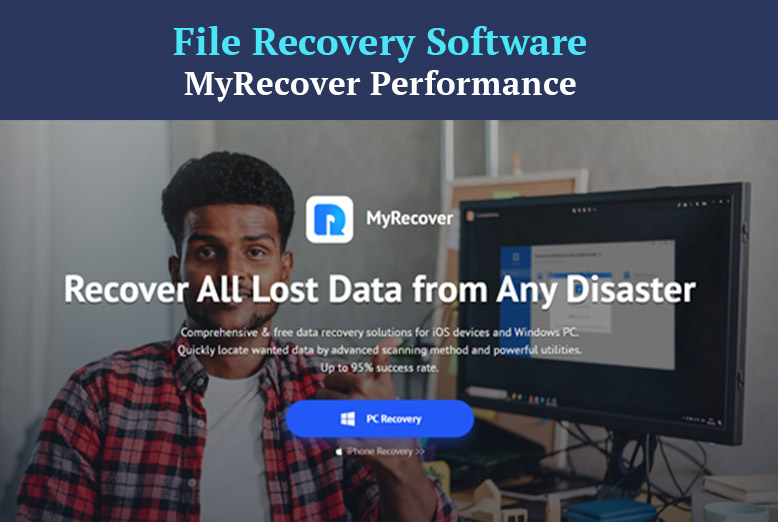The journey to have children is among the most fulfilling you will ever take, but it is important to note that it is not without its stresses and disappointments. Cultural taboos, lack of information, undiagnosed health and reproductive issues means getting pregnant as soon as you start trying might be unlikely. The best gynecologist in Dubai is one that takes a full health assessment of both partners and then gives advice on conception, and fertility, so make sure your health is considered in its totality along your fertility journey.
In this guide, we share some general advice which works for the regular person so you can conceive quicker. First-knowing that there is no magic baby wand-the American College of Obstetricians and Gynecologists (ACOG) estimate that people in their early 20s to 30s have a 25% chance of conception per cycle if they are regularly having unprotected intercourse. This chance drops to 10 percent or less per cycle, crossing the age of 35 to 40.
1. Fertility Windows- Finding the Best Time
Among the most important considerations in your fertility journey is trying at the right time, when your body is the readiest. The days leading up to and during ovulation are the time when conception is the most likely to happen, and timing your activities in this window drastically increases the chance of getting pregnant. Period tracking apps, ovulation prediction kits, monitoring cervical mucus and other methods can help you check when the luteinizing hormone, an indicator of ovulation in the next 36–48 hours, is released in your system.
Even in the ovulation window, having intercourse before ovulation is a better strategy, since eggs only last a maximum of 24 hours upon release, but sperm can survive upto 5 days in the reproductive tract. Therefore, having intercourse before the egg gets released during ovulation increases the chances of conception.
2. Quit Birth Control
One of the glories of family planning and contraceptives is that you are not surprised with a pregnancy when you are not ready. So, when the window of time comes where you and your partner decide to start trying, quit your birth control (vaginal rings. IUDs, implants, patches, and of course, pills) almost immediately- at least a few months before you start trying to conceive. If you still fear that conception will be immediate, you can use non-hormonal contraceptives to assist the body to be primed for pregnancy over the course of a few cycles, since it takes a while for contraceptives to leave you system entirely. Don’t worry, though-the window of delay in getting pregnant after quitting contraceptives isn’t long enough to cause you tribulation.
3. Prime Your Body for Conception
Pregnancy is a natural process that has everything to do with the condition of your body, emotional well-being and state of mind. It is not simply enough to start looking at maternity packages in Dubai and get the practical stuff out of the way. To create the best possible natural conditions for your body to conceive, there are some habits to adopt and some to give up. First-quit smoking-tobacco is the one substance which negatively impacts fertility in both males and females. Excessive caffeine (more than 200 mg) a day is said to be harmful for overall health, and while it hasn’t conclusively proven an impact on fertility, it is better to be safe than sorry.
Among the biggest no-no is alcohol. It has been conclusively proven over several reports that chronic alcoholism impedes fertility in both men and women, but particularly in women. It is also helpful to quit when you are trying to get pregnant to prevent the horrific consequences of fetal alcohol syndrome. Stress is a significant deterrent to conception, but this is more in the ambit of psychological consideration and not gynecological. Overly strenuous exercise can lead to anovulation and irregular menstruation, and so is best avoided. Diet is another important consideration- obesity has been found to limit fertility and have negative impacts on reproductive health, and so watching your weight is also recommended.
4. Frequent Testing and Continuing to Try
Data shows that healthy couples around the age bracket of 25-30 conceive within six months of trying, while those around 30 conceive within a year. A pregnancy test indicates the level of a pregnancy hormone known as hCG, human chorionic gonadotropin, in your urine. Testing too early after trying may show a false negative and end up causing you unnecessary disappointment- waiting at least a couple of days after a missed menstrual cycle is ideal to start taking pregnancy tests. You should also take more than one for reassurance. Make sure to be on top of PCOS treatment and the like to prevent any condition-related issues delaying conception.
If it comes back negative, not to worry, and not to stress. This is all the reason to try again and consult a fertility expert (the science has it such that you do not have to be childless!). If it comes back positive- congratulations! The sooner you start your prenatal journey, the better.
Also Read: The Impact of O2 Tablets on Your Daily Wellness Routine




















